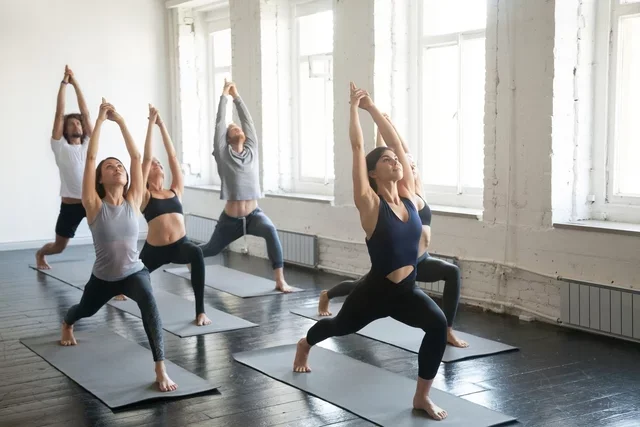Workout habit: 9 tips to help you build a workout habit
There are many people who do not want to exercise. In this article, I’d like to share some ideas to make it easier for you to help you build a workout habit.
Many people want to develop a habit of exercising, but often give up. To make matters worse, you may get injured along the way.
Exercising regularly is a lifestyle. These changes, which cover many areas of our daily life, must be made gradually.
How can I make exercise a habit? In this article, we’ll give you 9 tips to help you build a habit of exercising.
Here are some tips to help you build a workout habit
We all know that exercise promotes mental health. In fact, exercise raises serotonin and oxytocin levels and lowers stress (cortisol levels), which slows cognitive decline and improves concentration. But it’s not enough to motivate you to develop a habit of exercise.
Changing your routine and eventual lifestyle requires dedication and time. Here are some useful strategies for making exercise a habit.
-
Choose a sport that is important for forming a workout habit
Many people start exercising without thinking about which sport they like. However, exercise that does not take into account taste will only lead to boredom, lack of exercise and learning.
You have to take the time to find the one that suits you. In other words, it is important to choose a sport that you can enjoy from the beginning.
A 30-minute run doesn’t necessarily mean you need to warm up for an hour of cycling. In fact, exercise that requires physical adaptation can be done with a light warm-up and at the same time can prevent injuries.
-
Improve your diet
Even if you’re already on a healthy, balanced diet, you still need to adapt your diet to a lifestyle that burns more energy and builds muscle.
The effect of a diet to control basal metabolic rate can be seen in a short period of time, and when it affects exercise performance, you can quickly see. If you feel there is a problem with your diet, talk to your dietitian.
-
Speed control
It is important not to overdo it when your body has not yet adapted to the exercise. In addition to the risk of injury, if you feel tired, you can stop or postpone your workout next time.
-
Set realistic goals
During the first week of exercise, if you do strenuous exercise such as a marathon, you will not be able to achieve the initial goal you set yourself. Recognize and respect your limitations, whether it’s relaxing muscles, losing small amounts, or running for five minutes without getting tired. There is enough time to overcome the limitations.
-
From easy exercise!
Always start with low-intensity exercise. Lifting your legs or doing a 10-second plank may sound tedious, but it’s essential for laying the foundation for the metabolic and athletic performance you need in the future.
-
Register for group lessons if possible
Targeted activities can be effective in maintaining regular exercise. In addition, group lessons allow you to obtain expert supervision and advice to prevent injuries.
-
Reward yourself for building a habit of exercise
It is difficult to start exercising. In particular, if you take a long break from exercise, it will feel more difficult, so reward yourself after a day’s worth of exercise. It’s a simple motivator, but it helps you stay consistent and look forward to your next workout.
Just be careful not to let the rewards interfere with your goals. For example, if you want to lose weight, look for rewards that don’t include food.
-
Stretch
Stretching after a workout is easy to forget. However, stretching increases muscle mass and improves strength. Developing flexibility while your muscles are still warm can also help prevent injury.
-
Enjoy your workout
Exercise is a pleasurable activity, so it should not cause unhappiness, overwork or pain at the beginning of it. When you find an exercise that works well for you, you will enjoy it while doing it, and fatigue after exercise will be a rewarding way to improve your health.
Conclusion
Lastly, if you have health problems such as chronic injury or diabetes, you should first consult with a specialist before starting exercise. Also, it is much safer to exercise after consulting with a specialist even if you do not have any health problems.
For More Articles: momatwork.co.uk







